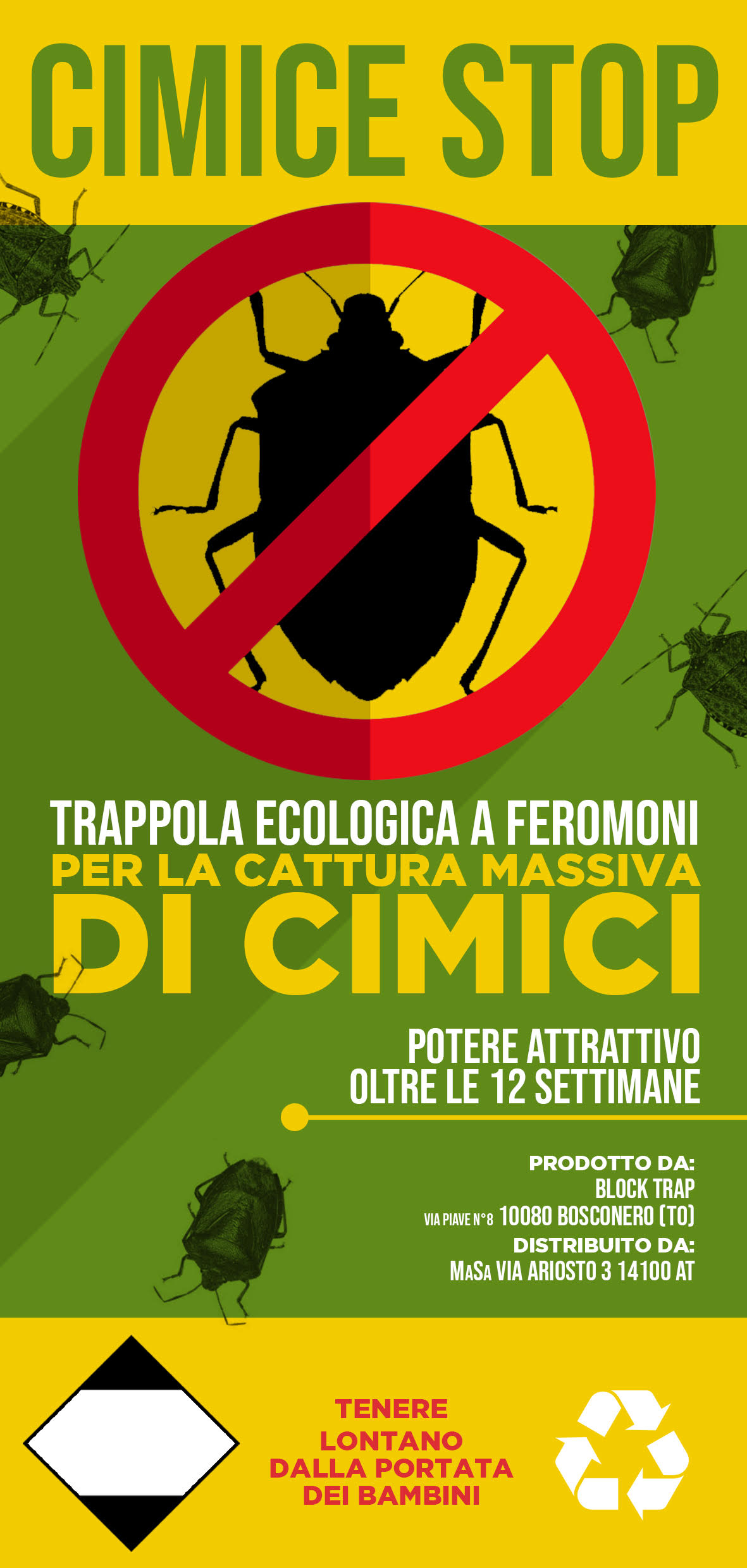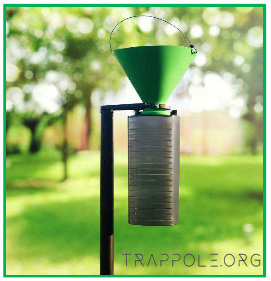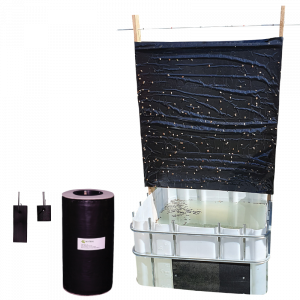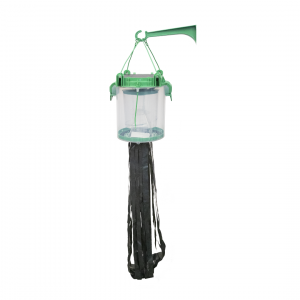In this article, we will explore the top bed bug predators and natural enemies. We will discuss how to attract these predators to your environment and how to use chemical solutions for bed bug control. By the end of this article, you will have a better understanding of how to control and eliminate bed bugs, and the importance of their predators in this process.” “What are bed bugs?
What are bed bugs?
Bed bugs are small, reddish-brown insects that feed on the blood of humans and animals. They are nocturnal and prefer to hide in cracks and crevices during the day, making them difficult to detect and eliminate. Bed bugs are a common problem in households, hotels, and other places where people sleep or rest. They can cause a range of health problems, including skin rashes, allergic reactions, and psychological distress.
Why are bed bugs a problem?
Bed bugs are a major problem for many people around the world. These tiny insects are notorious for their ability to infest homes, hotels, and other buildings, causing a range of problems for those who encounter them. Bed bugs are nocturnal creatures that feed on the blood of humans and animals, and they can be difficult to detect and eliminate.
One of the main reasons why bed bugs are such a problem is their ability to reproduce quickly. Female bed bugs can lay up to five eggs per day, and these eggs can hatch in as little as 10 days. This means that a small infestation can quickly turn into a large one if left unchecked.
Another reason why bed bugs are a problem is their ability to hide in small cracks and crevices. Bed bugs are excellent at hiding in mattresses, box springs, and other furniture, making them difficult to detect and eliminate. They can also hide in clothing, luggage, and other items, making it easy for them to spread from one location to another.
The importance of controlling bed bugs
The importance of controlling bed bugs and their predators” Discover the top bed bug predators and natural enemies, including spiders, ants, and cockroaches. Learn how to control and eliminate bed bugs using natural methods and chemical solutions. Find out more about preventing a bed bug infestation by introducing natural predators or enemies to your environment.
Controlling bed bugs can be a challenging task, as they are resistant to many insecticides and can quickly reproduce. However, one effective way to control bed bugs is to introduce their natural predators into the environment. Bed bugs have several natural enemies, including birds, insects, and other animals. By attracting these predators to the environment, it is possible to reduce the bed bug population and prevent infestations.
Bed bugs cause a range of health problems
While bed bugs are not known to transmit diseases, their bites can cause itching, swelling, and other allergic reactions. In some cases, people may develop secondary infections from scratching the bites.Finally, bed bugs are a problem because they can be difficult to eliminate. While there are a range of chemical and non-chemical solutions available for controlling bed bugs, these insects have developed resistance to many of the commonly used pesticides. This means that it can be difficult to completely eliminate a bed bug infestation, and multiple treatments may be necessary.
Overall, bed bugs are a major problem for many people around the world. These tiny insects are difficult to detect and eliminate, and they can cause a range of health problems for those who encounter them. It is important to take steps to prevent and control bed bug infestations in order to protect your home and your health.
Bed bugs are a major problem for many people around the world. These tiny insects are notorious for their ability to infest homes, hotels, and other buildings, causing a range of problems for those who encounter them. Bed bugs are nocturnal creatures that feed on the blood of humans and animals, and they can be difficult to detect and eliminate.
Main reasons why bed bugs are such a problem
One of the main reasons why bed bugs are such a problem is their ability to reproduce quickly. Female bed bugs can lay up to five eggs per day, and these eggs can hatch in as little as 10 days. This means that a small infestation can quickly turn into a large one if left unchecked.
Another reason why bed bugs are a problem is their ability to hide in small cracks and crevices. Bed bugs are excellent at hiding in mattresses, box springs, and other furniture, making them difficult to detect and eliminate. They can also hide in clothing, luggage, and other items, making it easy for them to spread from one location to another.
Bed bugs are also a problem because they can cause a range of health problems for those who are bitten by them. While bed bugs are not known to transmit diseases, their bites can cause itching, swelling, and other allergic reactions. In some cases, people may develop secondary infections from scratching the bites.
Bed bugs are a common household pest that can cause a lot of discomfort and frustration. They are small, reddish-brown insects that feed on the blood of humans and animals. Bed bugs are notoriously difficult to get rid of, and many people turn to chemical solutions to control them. However, there are also natural predators of bed bugs that can help to control their population.
Natural predators of bed bugs
| Natural Predator | Effectiveness in Controlling Bed Bugs |
|---|---|
| Common House Spider | High |
| Masked Hunter Bug | Moderate |
| Ants | Moderate |
| Centipedes | Moderate |
| Cockroaches | Moderate |
| Fungi and Bacteria | Low |
| Swallows | High |
| Purple Martins | Moderate |
| Chimney Swifts | Moderate |
One of the most effective natural predators of bed bugs is the common house spider. Spiders are known for their ability to catch and eat insects, and bed bugs are no exception. Spiders can be attracted to an environment by providing them with a suitable habitat, such as a dark and humid area. Once they are present, they will begin to hunt and eat bed bugs, helping to control their population.
Another natural predator of bed bugs is the masked hunter bug. This insect is a type of assassin bug that feeds on bed bugs and other insects. They are often found in homes and can be attracted by providing them with a suitable habitat, such as a pile of leaves or other debris. Once they are present, they will begin to hunt and eat bed bugs, helping to control their population.
Other natural predators of bed bugs include ants, centipedes, and cockroaches. These insects are known for their ability to catch and eat other insects, including bed bugs. They can be attracted to an environment by providing them with a suitable habitat, such as a dark and humid area. Once they are present, they will begin to hunt and eat bed bugs, helping to control their population.
Natural enemies of bed bugs
In addition to natural predators, there are also other natural enemies of bed bugs, such as fungi and bacteria. These organisms can infect and kill bed bugs, helping to control their population. However, they are not as effective as natural predators and may take longer to work.
Overall, natural predators and enemies of bed bugs can be an effective way to control their population. By providing a suitable habitat for these organisms, you can attract them to your environment and help to control bed bugs naturally. However, it is important to remember that natural solutions may take longer to work than chemical solutions, and may not be as effective in severe infestations.
Heading V. Birds as bed bug predators
Birds are one of the most effective natural predators of bed bugs. They are known to feed on bed bugs and their eggs, making them an important ally in controlling bed bug infestations. There are several species of birds that are known to feed on bed bugs, including swallows, purple martins, and chimney swifts.
Swallows are particularly effective at controlling bed bugs. They are known to consume large numbers of bed bugs and their eggs, and they are attracted to areas where bed bugs are present. Swallows are also known to build their nests in close proximity to bed bug infestations, which can help to control the spread of bed bugs.
Purple martins are another species of bird that are effective at controlling bed bugs. They are known to consume large numbers of insects, including bed bugs, and they are attracted to areas where insects are present. Purple martins are also known to build their nests in close proximity to bed bug infestations, which can help to control the spread of bed bugs.
Chimney swifts effective at controlling bed bugs.
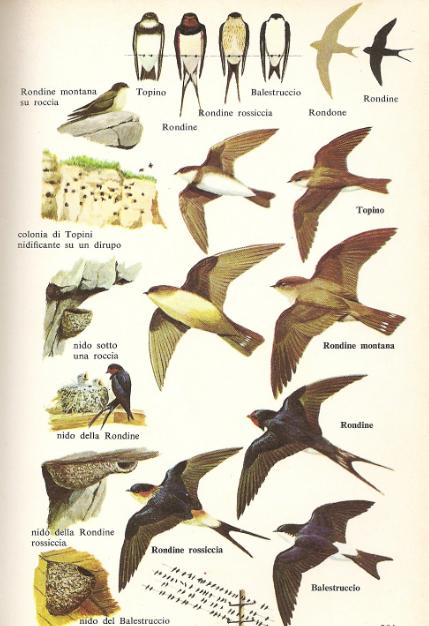
They are known to consume large numbers of insects, including bed bugs, and they are attracted to areas where insects are present. Chimney swifts are also known to build their nests in chimneys, which can help to control the spread of bed bugs in homes and buildings.
In order to attract birds to your environment and encourage them to feed on bed bugs, it is important to provide them with a suitable habitat. This can include providing nesting boxes or birdhouses, planting trees and shrubs that provide food and shelter, and providing a source of water.
Spiders, centipedes, and ants: predators of bed bugs
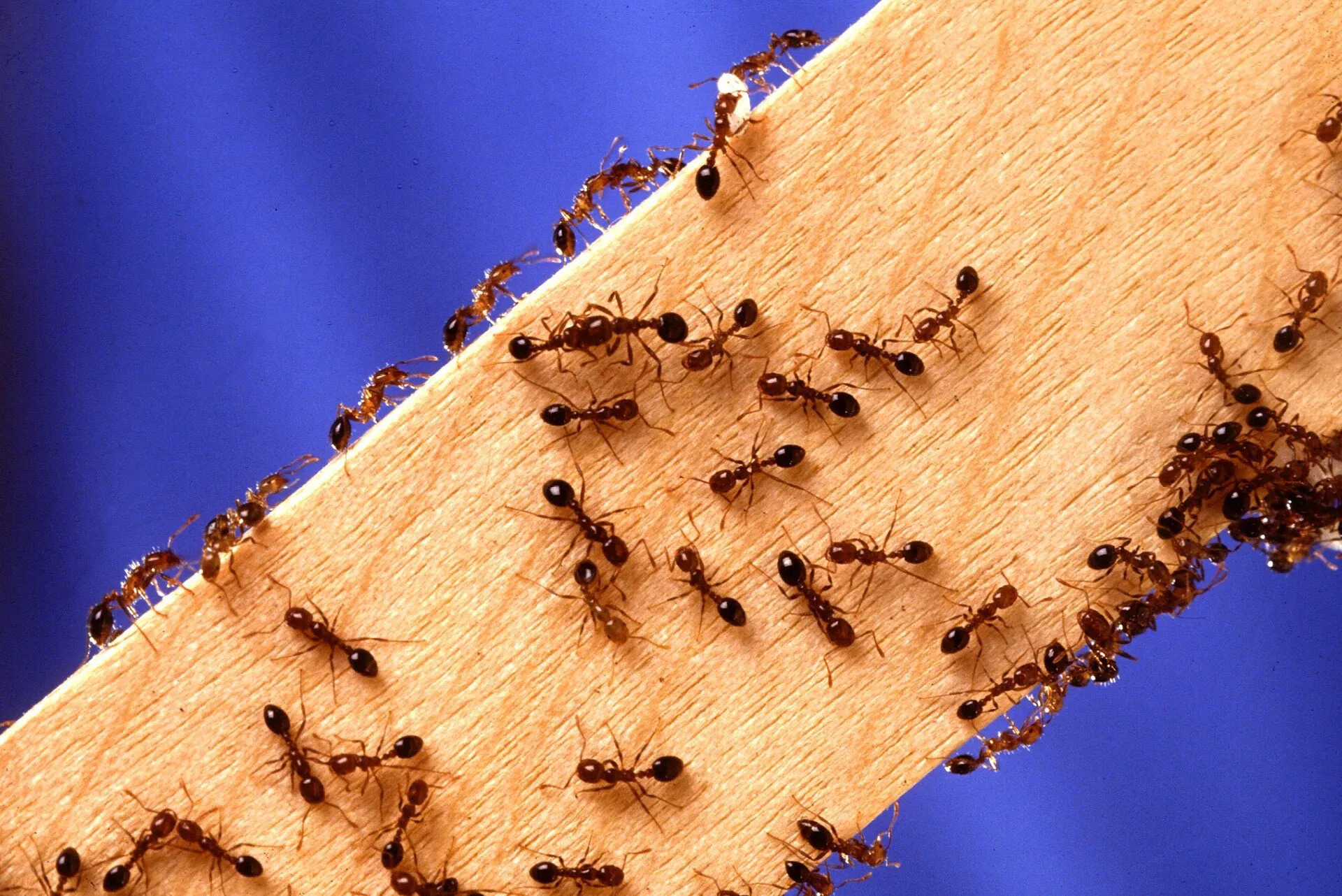
There are several other natural predators of bed bugs that can be introduced to your environment. These include insects such as spiders, centipedes, and ants, as well as animals such as bats and rodents. By introducing these natural predators to your environment, you can help to control bed bug infestations and reduce the need for chemical solutions.
Finally, bed bugs are a problem because they can be difficult to eliminate. While there are a range of chemical and non-chemical solutions available for controlling bed bugs, these insects have developed resistance to many of the commonly used pesticides. This means that it can be difficult to completely eliminate a bed bug infestation, and multiple treatments may be necessary.









